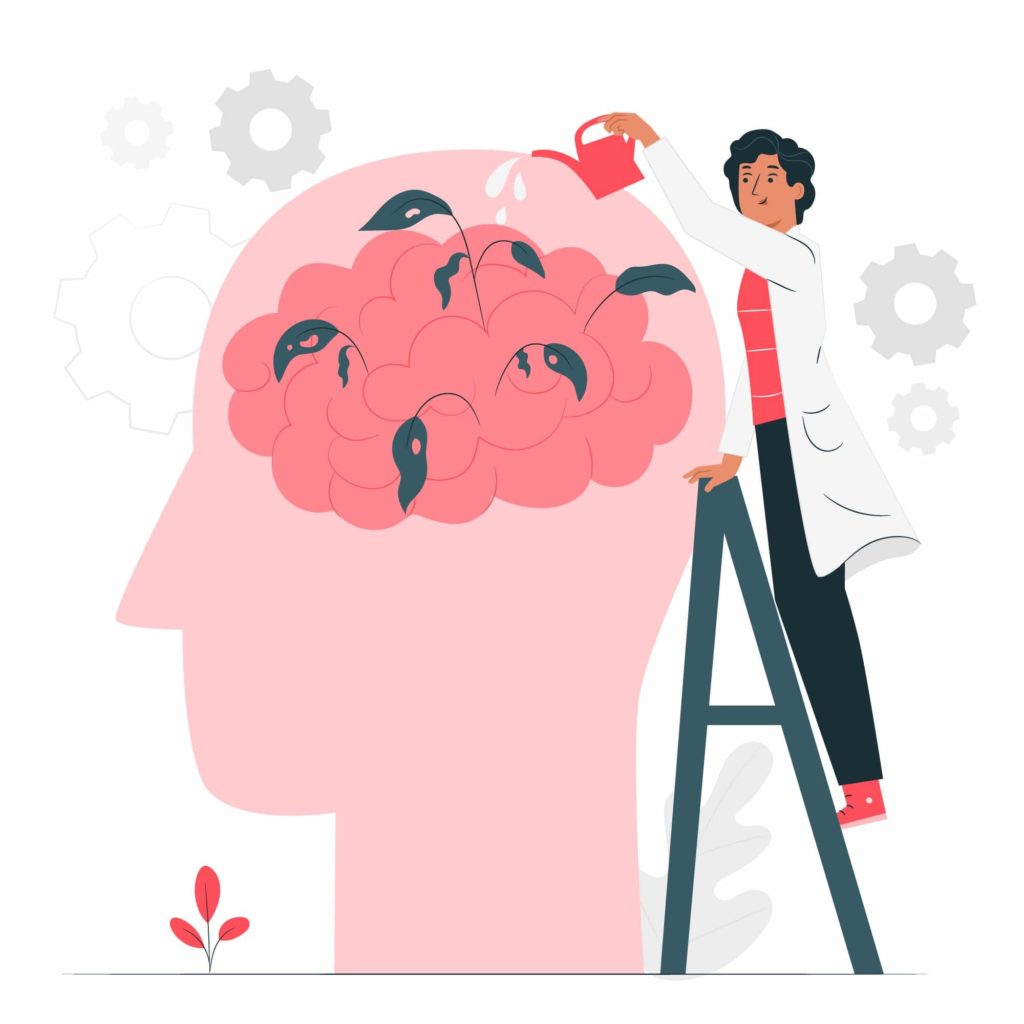
Emotional intelligence is a fundamental skill that plays a crucial role in the business environment and the personal and professional development of individuals. It was popularized by psychologist Daniel Goleman in the 1990s and has since proven to be a determining factor in success and effective leadership within organizations.
Emotional intelligence refers to the ability to recognize, understand, and manage our own emotions, as well as the capability to perceive and handle the emotions of others. It consists of five main characteristics:
1. Self-awareness: It is the first pillar of emotional intelligence and involves the capacity to recognize and understand our own emotions, as well as our strengths and weaknesses. Self-awareness enables us to comprehend how our emotions impact our behavior and decision-making in the business environment.
2. Self-regulation: This characteristic refers to the ability to control and manage our emotions effectively. Individuals with high emotional intelligence can remain calm in stressful situations, manage frustration, and adapt to changes without losing control.
3. Empathy: Empathy is the ability to put oneself in others’ shoes, understanding their emotions and perspectives. In the business world, empathy is essential for building strong relationships with colleagues, clients, and business partners, which, in turn, can lead to greater collaboration and job satisfaction.
4. Social skills: This characteristic pertains to the ability to establish and maintain healthy and effective relationships. Individuals with developed emotional intelligence are excellent communicators, inspiring leaders, and adept at resolving conflicts constructively.
5. Motivation: Emotional intelligence is also linked to intrinsic motivation. Those who can stay focused on their goals despite obstacles and challenges are more likely to achieve success in the business world.

The importance of emotional intelligence in the business environment lies in several aspects:
1. Effective leadership: Leaders with high emotional intelligence can inspire and motivate their teams, fostering a positive and productive work environment.
2. Decision-making: Emotional intelligence allows for more informed and balanced decision-making, considering both rational aspects and the emotional implications of business choices.
3. Stress management: In a business environment where stress is common, emotional intelligence helps maintain composure and cope with challenges more effectively.
4. Conflict resolution: Social skills and empathy facilitate conflict resolution among employees and contribute to a harmonious work climate.
5. Business relationships: Empathy and the ability to establish meaningful connections with clients and business partners foster lasting and successful relationships.
In conclusion, emotional intelligence is a determining factor for success in the business world. Developing and nurturing these skills not only benefits the growth and prosperity of organizations but also promotes emotional well-being and personal development of individuals. It is a powerful tool that allows for the creation of healthier and more effective work environments and has become a key aspect increasingly valued by companies in their leaders and employees.
